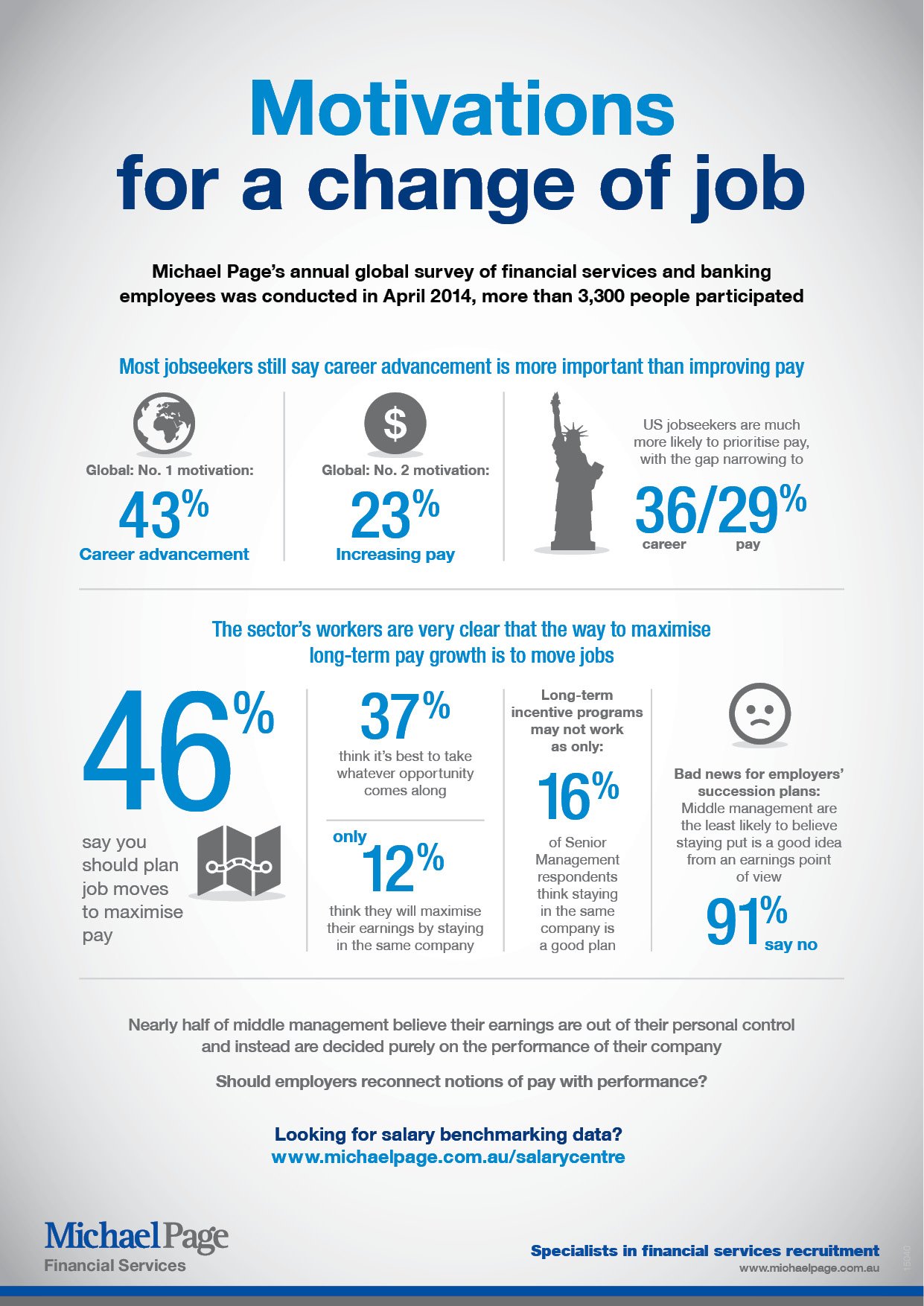
In the fast-paced and dynamic landscape of the modern workplace, changing jobs has become a common practice for individuals seeking personal and professional growth. While many professionals hop between companies, the question arises: Is this constant rotation truly beneficial, and what role does changing one’s job play in achieving success?
Psychological studies have shed light on the fact that individuals stand a better chance of succeeding in their careers if they consider changing their vocation every 5 to 7 years.
This departure from the norm provides an opportunity to acquire new knowledge, gain diverse experiences, and learn how to tackle unfamiliar challenges. The underlying principle is that such changes go beyond merely switching employers; they involve a shift in professional focus and a broadening of one’s skill set.
Even for those who meticulously plan their career trajectory within a single company, the expansion of responsibilities doesn’t equate to a change in the nature of the work itself. Rather, it adds to existing duties, leading to an extended scope of responsibility within the same professional realm.
Paradoxically, staying in one role for an extended period may result in a gradual erosion of skills and enthusiasm, as routine tasks are performed mechanically without the zest that comes with tackling fresh challenges.
Despite this, hiring practices often favor candidates with specific, relevant experience in a particular field. This bias can be detrimental to the recruitment process, as individuals who have been retrained or possess no prior experience in the industry may bring unique advantages.
Their lack of professional preconceptions, coupled with a genuine interest in the new role, makes them valuable contributors who are ready to adapt and improve.
In the contemporary job market, a growing number of individuals are embracing professional reorientation – a phenomenon identified by social psychologists.
This trend is particularly noticeable among the younger demographic, showcasing a flexibility in thinking and a readiness to explore diverse career paths. On the other hand, older professionals, influenced by prevalent stereotypes and often burdened by high self-imposed standards, tend to resist significant changes in their careers.
Over the age of 35-40, the fear of taking risks often hinders older individuals from pursuing a dream career or making a significant professional switch. Despite having lifetime aspirations, many shy away from the idea of radical retraining, deeming it impractical or careless. However, certain exceptions, such as housewives with grown children or retired servicemen, challenge this stereotype, demonstrating that age is not an insurmountable barrier to change.
Psychologists highlight that a specific temperament is required to undergo a drastic shift in professional life successfully. The ability to take calculated risks is a key factor in achieving success, while the fear of change or failure can act as a significant impediment. Embracing studies and job changes as natural components of one’s working life, rather than deviations, is crucial for sustained professional growth.
In the words of a well-known American businessman and author specializing in business psychology, “It is not worth sticking to your primary vocation for being rewarded a golden watch when you are retired.” The implication is clear: professional evolution is an ongoing process, and individuals should consider exploring new avenues rather than adhering rigidly to their initial career choices.
So, the next time you contemplate sending your resume to yet another familiar workplace, consider this: it might be the perfect moment to reassess your career path, break away from the routine, and explore new horizons that could lead to unparalleled personal and professional fulfillment.









